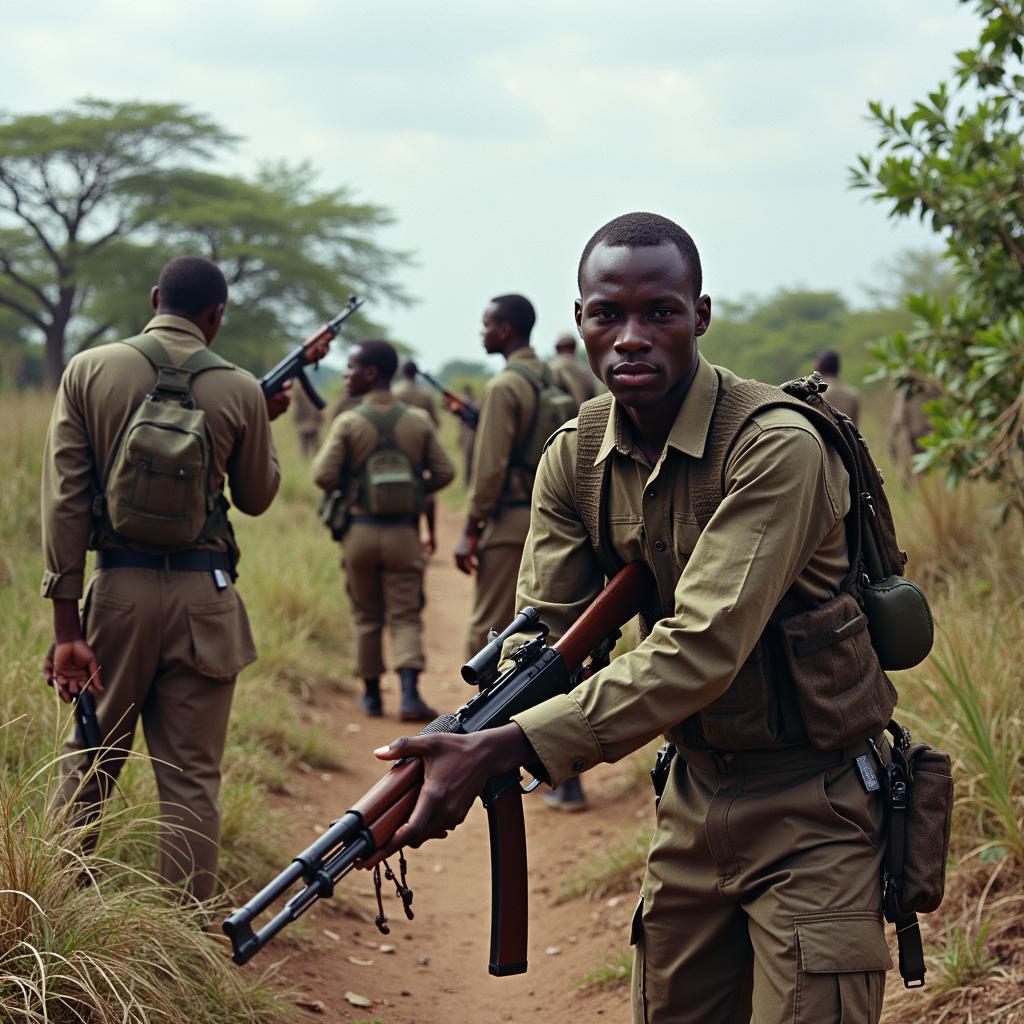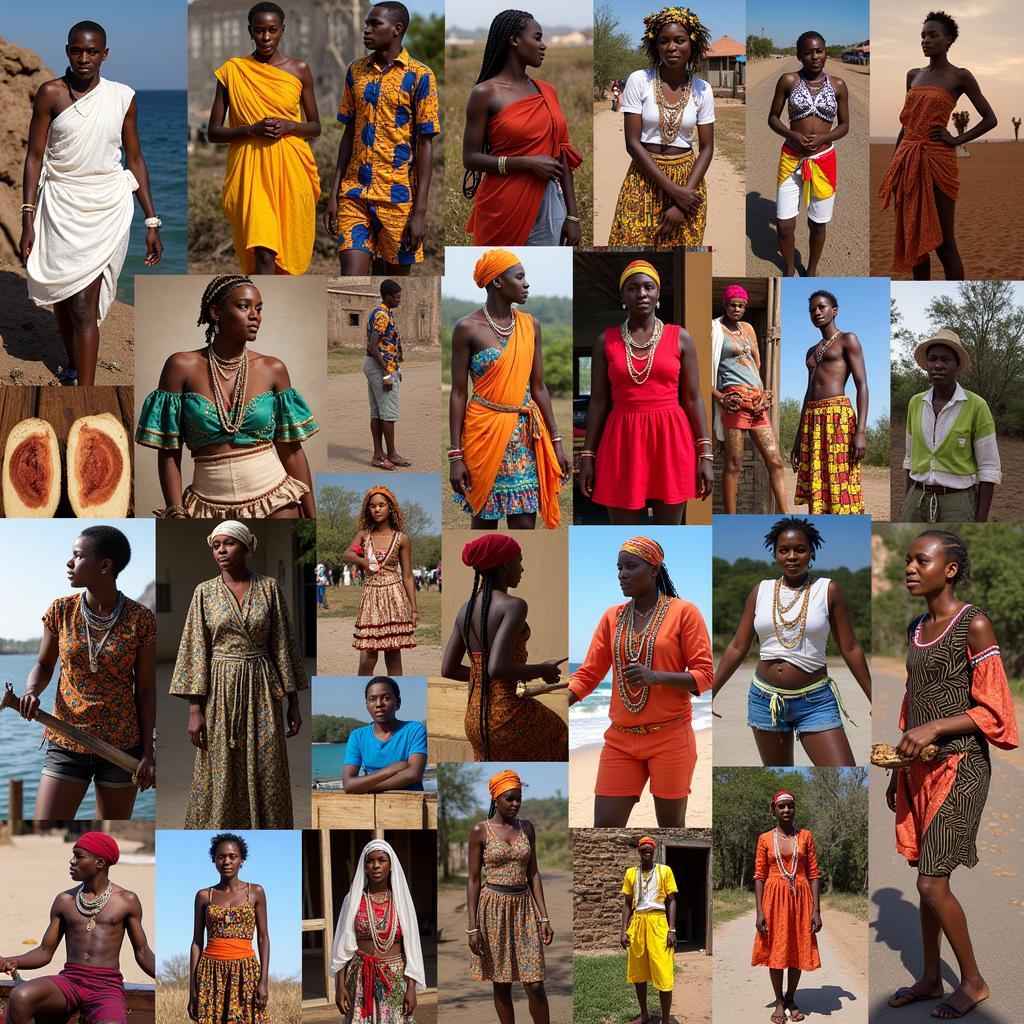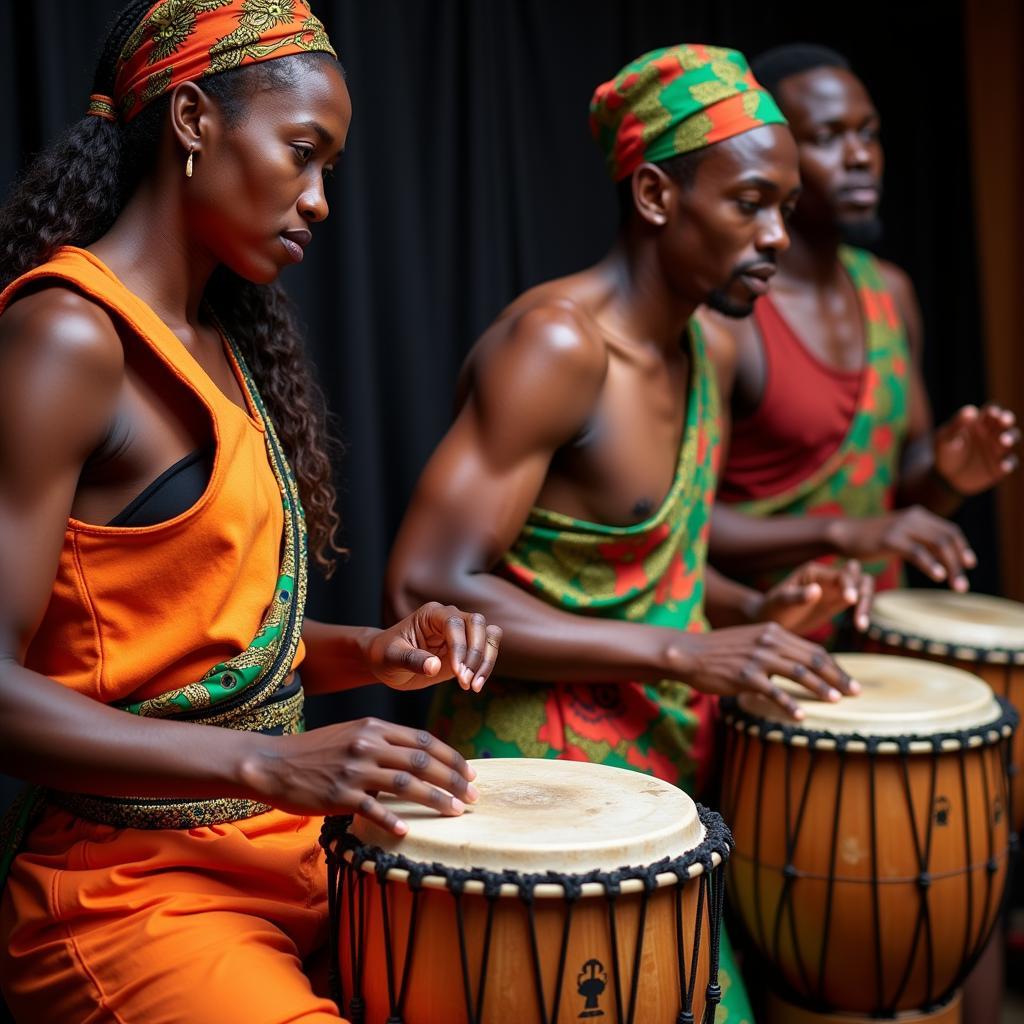African Freedom Fighter Groups: A Legacy of Resistance
African Freedom Fighter Groups played a pivotal role in liberating the continent from colonial rule. Their struggles, sacrifices, and unwavering determination shaped the political landscape of Africa, leaving an enduring legacy of resistance and resilience. From armed uprisings to peaceful protests, these groups employed diverse strategies to achieve their goals of self-determination and independence.
The fight for freedom in Africa was a multifaceted tapestry woven with threads of resistance against oppression, exploitation, and denial of basic human rights. African freedom fighter groups arose from diverse backgrounds, representing a spectrum of ideologies and strategies. Some groups opted for armed struggle, engaging in guerrilla warfare and direct confrontation with colonial powers. Others embraced peaceful resistance, employing civil disobedience, boycotts, and diplomatic pressure to achieve their objectives. The african independence movements showcased the breadth and depth of these struggles.
The Diversity of African Freedom Fighters
African freedom fighter groups were not monolithic. They varied considerably in their organizational structure, leadership, and tactics. Some groups operated within specific regions or ethnic communities, while others transcended these boundaries, forging national liberation movements. Understanding this diversity is crucial to grasping the complexity of the African liberation struggle.
Early Resistance and the Rise of Nationalism
The seeds of resistance were sown long before the formal establishment of many freedom fighter groups. Early acts of defiance, often led by traditional leaders and religious figures, laid the groundwork for the organized movements that would emerge later. The rise of nationalist sentiments across the continent further fueled the flames of resistance.
Armed Struggle and Guerrilla Warfare
Many African freedom fighter groups adopted armed struggle as a means to achieve their goals. Groups like the Algerian National Liberation Front (FLN) and the Mozambique Liberation Front (FRELIMO) engaged in protracted guerrilla warfare against colonial forces. Their struggles were often characterized by hardship, sacrifice, and brutal repression. These african freedom fighers fought valiantly against powerful adversaries.
What were the primary tactics used in armed struggle? Guerrilla warfare, sabotage, and targeted attacks on colonial infrastructure were among the most common tactics employed.
 African Liberation Movements and Guerrilla Warfare Tactics
African Liberation Movements and Guerrilla Warfare Tactics
The Role of Women in the Liberation Struggle
Women played a critical role in the African liberation struggle, often taking on leadership positions and actively participating in both armed and non-violent resistance. Their contributions were essential to the success of many freedom fighter groups, challenging traditional gender roles and paving the way for greater equality.
Beyond the Battlefield: Women’s Contributions to the Movement
Beyond the battlefield, women played vital roles in supporting the liberation movements. They provided logistical support, gathered intelligence, and mobilized communities. Their contributions were often overlooked, but they were essential to the success of the struggle. The story of the african crowd in goa showcases the resilience and community spirit of Africans.
Lasting Impact of the Freedom Fighters
The legacy of African freedom fighter groups extends far beyond the achievement of independence. They inspired generations of activists and continue to shape political discourse on the continent. Their struggles serve as a reminder of the power of resistance and the importance of self-determination. The journey towards african free was long and arduous.
Conclusion
African freedom fighter groups represent a pivotal chapter in the continent’s history. Their diverse approaches to resistance, their unwavering commitment to freedom, and their lasting impact on the political landscape of Africa deserve continued recognition and study. Understanding the complexities of their struggles is essential to appreciating the challenges and triumphs of the African liberation movement. The legacy of these african freedom fighter groups continues to resonate, inspiring ongoing efforts towards true freedom and equality.
FAQ
- What motivated African freedom fighter groups? The desire for self-determination, an end to colonial exploitation, and the restoration of basic human rights were primary motivators.
- Were all African freedom fighter groups violent? No, many groups employed non-violent methods of resistance such as civil disobedience and boycotts.
- What role did women play in the liberation struggle? Women played crucial roles, including leadership positions and active participation in both armed and non-violent resistance.
- What is the lasting impact of the freedom fighters? They inspired generations of activists and continue to shape political discourse on the continent.
- What were some of the key challenges faced by freedom fighter groups? Challenges included limited resources, brutal repression by colonial powers, and internal divisions.
- How did African freedom fighter groups achieve their goals? Through a combination of armed struggle, peaceful resistance, and international pressure.
- Where can I learn more about specific African freedom fighter groups? Numerous books, documentaries, and academic resources offer detailed accounts of specific groups and their struggles.
Scenarios
- A student researching the history of African independence movements.
- A teacher preparing a lesson on the role of women in the liberation struggle.
- An activist seeking inspiration from historical examples of resistance.
Further Exploration
You might also be interested in reading about the african american involvement in ww2.
Need help? Contact us: Phone: +255768904061, Email: [email protected] or visit us at Mbarali DC Mawindi, Kangaga, Tanzania. We have a 24/7 customer service team.

